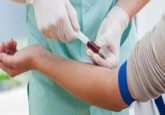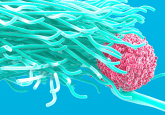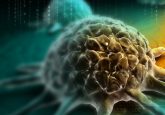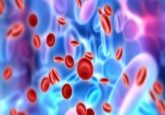DNA repair gene mutation may be early indicator of breast cancer
New research from Augusta University (GA, USA) has identified a gene mutation present in early onset breast cancer, raising the possibility of a new therapeutic target and diagnostic marker.
The gene, termed GT198, is associated with DNA repair and is a coactivator of receptors for steroid hormones such as estrogen. However, germline mutations in GT198, have been didentified in breast and ovarian cancer families.
In this research, published recently in the American Journal of Pathology, the team led by Lan Ko (Augusta University, GA, USA) observed GT198 mutations in breast progenitor cells following sampling of 254 cases of breast cancer in pre- and postmenopausal women.
Ko explained: “This gene mutation can be in both the blood and the tumor tissue of patients, and in the tissue, it’s in high percentages. We believe that once this gene is mutated, it induces the tumor to grow.”
GT198 is ordinarily regulated by estrogen, but once present in the mutated form it facilitates tumor production regardless of estrogen concentration. This results in typical cancer cell proliferation.
The team observed that the GT198 mutation is present not only in stromal cell types including fibroblasts, adipocytes, and myoepthelial cells, but also in the stem cells that give rise to them, explaining its influence on the many different components of breast tissue.
Ko commented:- “We think the way to treat breast cancer is to target the progenitor cells. We want to kill these cells that are feeding the tumor rather than just killing the tumor cells, which is less effective.”
The team also suggest that GT198 expression is a specific marker of mutant breast cancer stroma, and has the potential to be a marker in the early diagnosis of breast cancer. Additionally, in a previous study, Ko et al. found the mutated form of GT198 to be present in ovarian cancer cells, giving hope that the gene mutation may be targeted in the treatment of both breast and ovarian cancer.
Source: Yang Z, Peng M, Cheng L et al.. GT198 Expression Defines Mutant Tumor Stroma in Human Breast Cancer. The American Journal of Pathology. doi: 10.1016/j.ajpath.2016.01.006 (2016); Medical College of Georgia at Augusta University press release via Eurekalert




